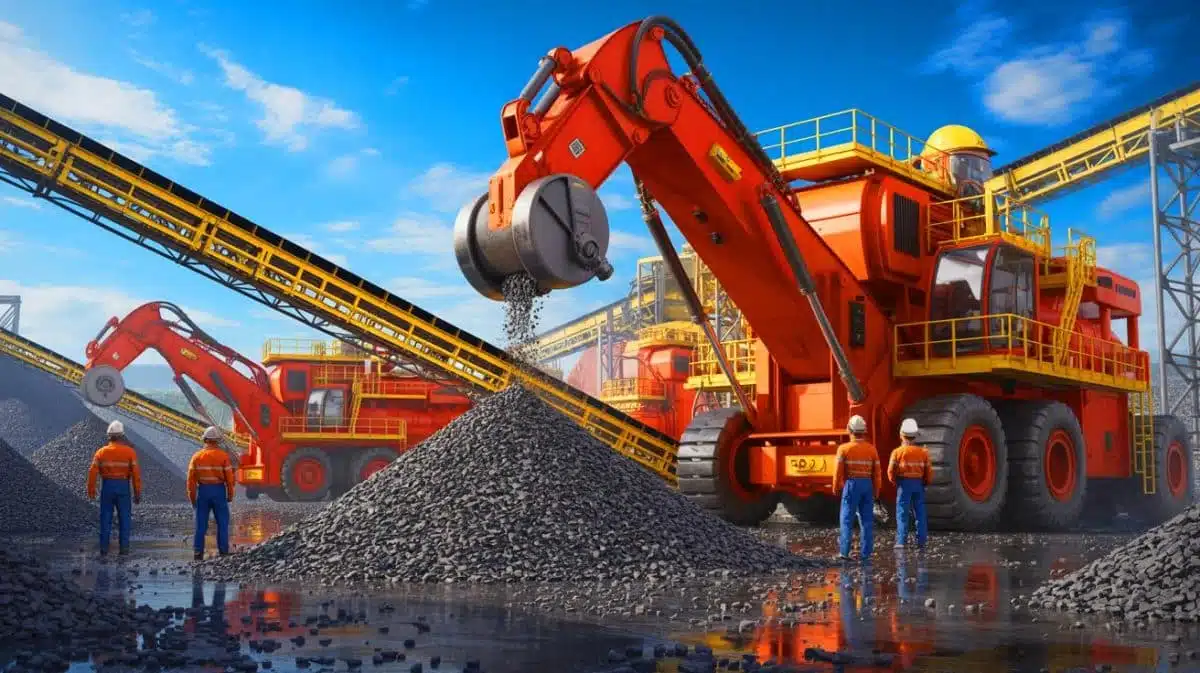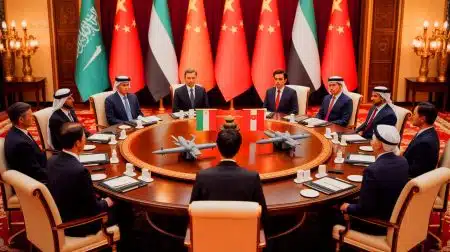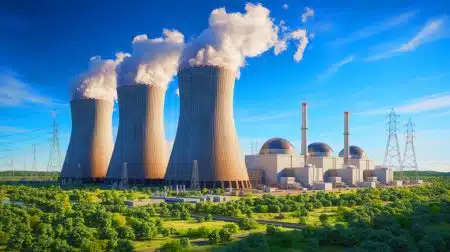| IN A NUTSHELL |
|
The 20th century saw oil earn the moniker “black gold,” underscoring its pivotal role in fueling global industry and transportation. However, as we pivot towards an environmentally sustainable future, oil is losing its luster, supplanted by the rising importance of batteries as the new energy currency. This shift in energy paradigms is reshaping the geopolitical landscape, much like oil did in its heyday. With the increasing demand for battery technology, certain nations are emerging as key players due to their abundant mineral resources, notably China, whose vast reserves of rare earth elements position it at the forefront of this modern energy race.
China’s Dominance in Rare Earth Production
China currently controls over 90% of the world’s rare earth production and refining, a dominance that allows it to set terms favorable to its interests. This near-monopoly has far-reaching implications, especially since rare earth elements like neodymium, dysprosium, and terbium are critical in manufacturing electric motors and other high-tech applications. Recently, China instituted new export licenses for these materials, further tightening its grip on the market. This move has sent ripples through industries worldwide, notably the automotive sector, which is heavily reliant on these materials for electric vehicle production. Companies like Tesla, Ford, and General Motors face significant challenges as they grapple with these new restrictions.
Elon Musk has publicly acknowledged ongoing negotiations with Beijing, emphasizing that China’s primary concern is the potential military applications of rare earths. This geopolitical maneuvering underscores the strategic importance of these materials and highlights the vulnerabilities of nations and industries dependent on them.
An Urgent Need for Resource Diversity
In response to China’s dominance, there is a pressing need for diversification in rare earth supply sources. General Motors, for instance, is proactively developing alternatives through its subsidiary Niron Magnetics, aiming to reduce reliance on traditional rare earths. Meanwhile, European countries are exploring domestic mining and refining opportunities, despite environmental concerns. Across the European Union, 47 projects are under consideration, spanning 13 countries, with France’s Emili project and Germany’s Ageli project leading the charge.
The Emili project, situated near Clermont-Ferrand, is poised to become a global lithium mining hub. Similarly, the Ageli project in Alsace aims to tap into lithium reserves crucial for electric battery production. These efforts reflect a broader trend towards resource independence, yet they also face significant environmental scrutiny, highlighting the complex balance between innovation and ecological responsibility.
The Environmental Impact of Rare Earth Mining
The extraction and processing of rare earth elements are known for their environmental toll, raising concerns about pollution and habitat destruction. Mining operations often result in substantial ecological disruption, leading to soil and water contamination. This environmental cost is a major point of contention, especially as nations strive to meet climate goals while securing the resources necessary for technological advancements.
Environmental organizations have voiced strong opposition to new mining projects, arguing that the ecological damage outweighs the benefits. As the world transitions to cleaner energy solutions, the challenge lies in ensuring that the quest for rare earths does not undermine broader environmental objectives. This paradox underscores the need for sustainable mining practices and technological innovations that mitigate environmental harm.
Innovations in Battery Technology
Amidst the challenges posed by rare earth dependencies, innovations in battery technology offer a beacon of hope. Researchers are exploring alternative materials and technologies that could reduce reliance on traditional rare earths. Solid-state batteries, for instance, promise higher energy density and safety, potentially revolutionizing electric vehicles and renewable energy storage.
These advancements could reshape the landscape of the energy sector, offering viable paths towards sustainable development. As technology evolves, the potential for breakthroughs in battery materials and design remains vast, driving optimism for a future less reliant on geopolitically sensitive resources. However, realizing this potential will require sustained investment and international collaboration.
The global quest for rare earth elements highlights the intricate interplay between technological advancement, geopolitical strategy, and environmental stewardship. As nations navigate this complex landscape, the need for innovation, diversification, and sustainable practices becomes ever more critical. How will countries balance these competing priorities to secure a sustainable energy future?
Did you like it? 4.5/5 (21)







This is a wake-up call for the tech industry. Time to diversify resources! ⏰
Wow, China really has a strong grip on the rare earth market, huh?
Seems like a strategic move by China. But what about the environmental impact?
Can other countries catch up with China’s rare earth production? 🤔
Why haven’t governments prepared for this scenario? It’s not like China’s dominance is new.
Are there any viable alternatives to rare earths in tech production?
Great article! Thanks for shedding light on such a crucial issue. 😊
China’s control over rare earths is like OPEC’s control over oil. History repeats itself!
Isn’t it time for the world to find new sources of rare earths? 🌍
What’s the role of recycling in reducing rare earth dependency?